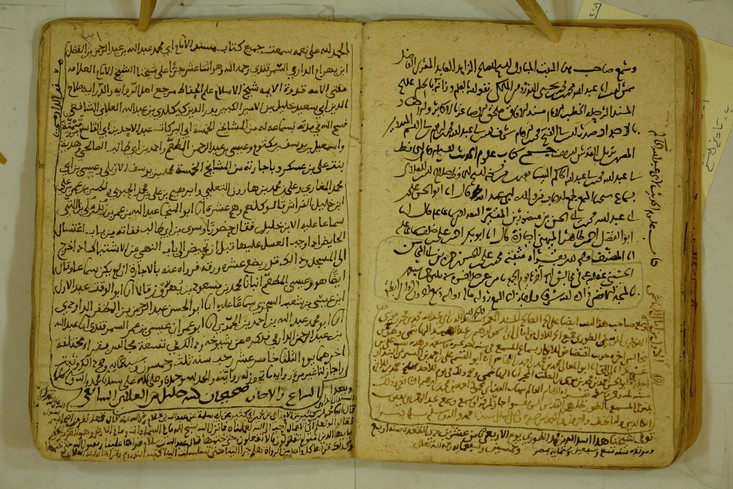Personal Record-Keeping Among Medieval Islamic Scholars
2021–2024
RFE11

The transmission of knowledge in the medieval Middle East was documented in great detail. After a book was transmitted, an audition certificate was written in a copy of the transmitted book. This left aspiring scholars who attended such meetings but did not happen to own a copy of the respective title without a proof of their attendance and their obtainment of the permission to further transmit that very book to the next generation. To not come away empty-handed, scholars maintained register books variously called thabat or fihrist in which they kept track of their activities. In these books they recorded the sessions they attended and some detail such as the scholars they met along the way, the permissions to transmit they received, including the chains of transmissions through which they were now entitled to further transmit.
These registers are united by this very archival impetus. Yet, individual books naturally display certain idiosyncrasies, and the genre underwent changes in around a millennium of its existence. This project takes up these register book as personalized archives. It investigates the various practices and strategies implemented by individual scholars to preserve a proof of their attendance at transmission sessions. A sample of register books from medieval Syria will serve as the foundation of the inquiry which seeks to address their archival function in detail and find answers to questions regarding their production process and their various functions for individual scholars and the wider scholarly world.
People
Project lead: Benedikt Reier
